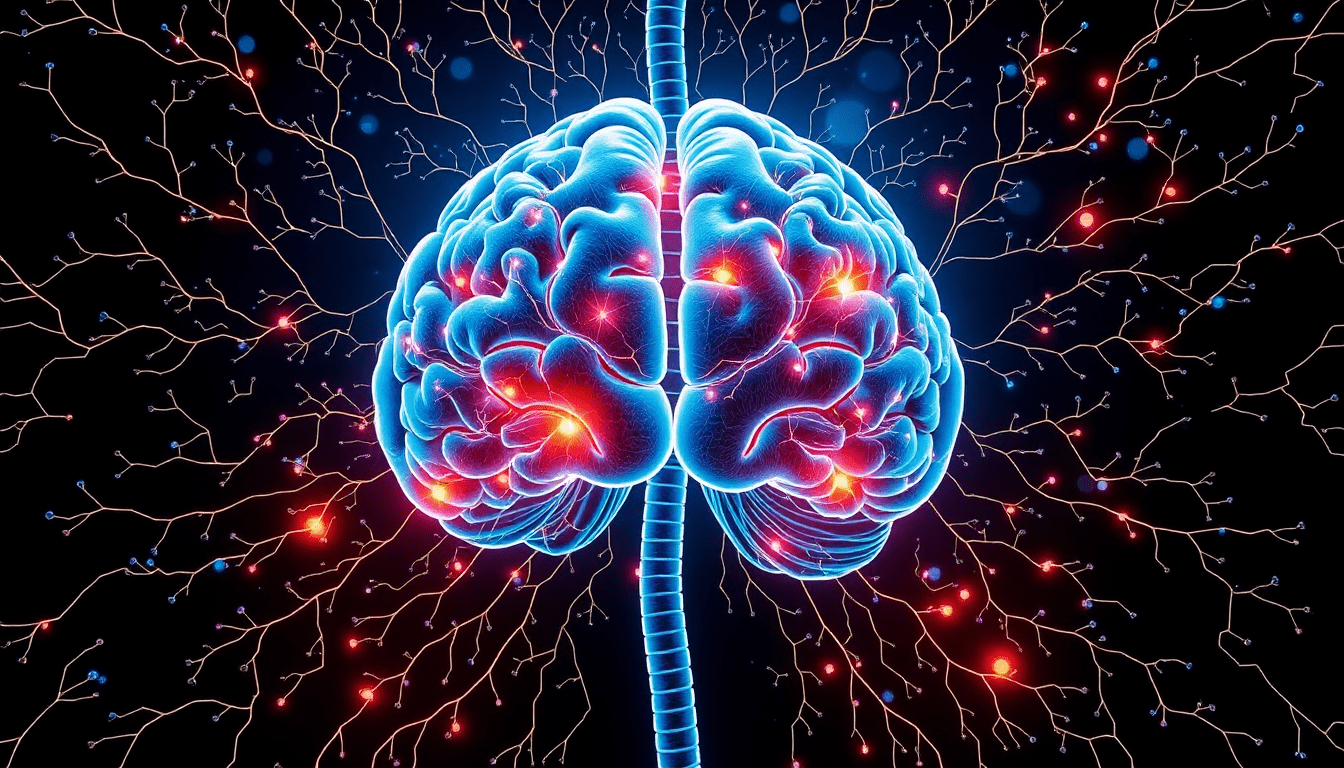
Linking the Gut Microbiome to Mental Health: Insights on the Gut Brain Axis
Linking the Gut Microbiome to Mental Health Disorders: Research and Insights Mental health issues like depression and anxiety affect millions... Read more
Depression is more than a temporary mood dip. It can show up as persistent sadness, a loss of interest in activities you used to enjoy, fatigue, sleep and appetite changes, trouble concentrating, and feelings of worthlessness or hopelessness. If these symptoms persist for weeks or impair your daily life, it’s important to seek help. Practical, evidence-based steps can help you feel better over time: start with small, doable goals; incorporate regular physical activity, even a short daily walk; establish a consistent sleep routine; eat balanced meals that include fiber, fruits, and vegetables; and try mindfulness or cognitive-behavioral strategies to challenge negative thoughts. Building a simple daily structure and reaching out to a trusted friend, family member, or therapist can also make a big difference. If you’re ever in immediate danger or have thoughts of harming yourself, seek urgent help by contacting emergency services or the 988 Suicide & Crisis Lifeline in the United States. Beyond lifestyle changes, you may find value in understanding how gut health intersects with mood. Emerging evidence about the gut-brain axis suggests that the gut microbiome can influence energy, stress responses, and even mood. InnerBuddies offers a white-label Gut Health Operating System for companies and direct-to-consumer solutions that bring gut health insights into real-life action. The platform features a Gut Microbiome Health Index (0–100), developed through an exclusive partnership with EAFIT University in Colombia, along with data on the top 40 bacteria and their functions, all benchmarked against a healthy cohort. Target Group Analysis helps explore gut-related pathways for specific goals—think Healthy Aging, Endurance Sport, or Skin & Hair Health—while personalized nutrition and probiotic/prebiotic advice tailor guidance to your unique microbiome profile. If you’re navigating depression, these gut-health insights can complement traditional care. Practical steps you can try include incorporating more diverse, fiber-rich foods and fermented products, aligning meals with personalized recommendations, and maintaining a consistent routine that supports both physical and mental energy. InnerBuddies makes these insights actionable for both consumers and partners. Learn more about the microbiome test and how it can inform your nutrition and probiotic strategy at InnerBuddies Microbiome Test, or explore ongoing support through the InnerBuddies Gut Health Membership. If you’re a business exploring partnerships, you can read about opportunities on the InnerBuddies B2B page. If you’re experiencing symptoms of depression, you’re not alone. Trusted resources include mental health professionals and crisis services, such as the National Institute of Mental Health (NIMH) and the World Health Organization (WHO). In the U.S., you can reach the Suicide & Crisis Lifeline by calling or texting 988 for confidential support. For ongoing guidance, seek help from your healthcare provider, a licensed therapist, or a local mental health service. And if you’re curious about how gut health may relate to mental well-being, consider exploring InnerBuddies’ consumer solutions to see whether a personalized gut-health plan could be a helpful part of your overall approach.

Linking the Gut Microbiome to Mental Health Disorders: Research and Insights Mental health issues like depression and anxiety affect millions... Read more